Google Chrome’s Quiet Transformation
Once the go‑to gateway for online searches, Google Chrome is quietly evolving into something far more AI-centric—relying increasingly on Google’s Gemini model rather than traditional search. Industry analysts and financial reports from big tech routinely highlight a major shift: search itself is at risk, and even the mighty Chrome is becoming a front end for AI functionality rather than a gateway for keywords.
Enter Comet: Perplexity’s AI‑First Browser
Last week, Perplexity AI launched Comet, a Chromium‑based browser that puts its own AI assistant at the center of every navigation experience. Available today to Perplexity Max subscribers ($200/month) and a few lucky invitees, Comet offers more than just search—it acts as your agent.Over the past 48 hours of press access, users have reported Comet:
- Embedded AI side‑panel: highlight anything, ask follow‑ups, or delegate actions like form‑filling or reservations
- Handles real tasks: booking flights, restaurants, even finding game deals—all while you stay focused on other things
- “Portal of curiosity”: pulled from Perplexity’s own words, it’s meant to assist you rather than interrupt your flow
That said, reviewers note an awkward early‑beta feel—prompts can stall, and trust on personal data (like reservation info) feels premature .
Related: Apple Might Outsource Siri’s Brain—And That’s a Big Deal
The Race Is On: OpenAI, Brave, Opera & More
Perplexity isn’t alone in this sprint. Reuters and multiple outlets report OpenAI is set to launch its own AI browser “in the coming weeks”, built atop Chromium and tightly integrated with ChatGPT’s Operator agent. With around 500M weekly ChatGPT users, this could threaten Chrome’s dominance and even shake Google’s ad‑centric model .
Perplexity’s CEO, Aravind Srinivas, has even warned that Big Tech will clone successful innovations—but he insists the complexity of Comet gives them a head start.
Meanwhile, legacy browsers aren’t standing still:
- Opera One includes the Aria GPT‑powered assistant and a “Browser Operator” for automating tasks
- Brave and The Browser Company are quietly testing AI features too
Human Training = Better Browsing
A major reason these AI browsers are gaining traction: real humans are teaching them—from reservation scenarios to correcting factual errors. Every interaction feeds back into improving the model. In effect, browsing becomes a two‑way street: you talk, it learns. And soon, it might anticipate without asking.
Check out: Amazon Echo Show 8 for home smart devices
What Lies Ahead?
- Comet may go public by summer, but pricing and broader availability are still TBD
- OpenAI’s “Aura” browser is imminent—if combined with Operator, expect agent‑based autofilling and shopping within chat interfaces
- Privacy concerns loom large: these browsers are data sponges, and users will need assurances on how that data is stored and used
A New Era
We’re watching the browser evolve from search‑pipe to AI agent cockpit. If Comet’s early demos hold up, web use will shift from manual to managed: “Hey Comet, find me a sushi spot under $75 in Chicago and book 7 PM Tuesday.” You’ll hardly touch a search engine.
And once multiple AI‑integrated browsers compete, users will be the true winners—if they’re willing to trade a bit of privacy for convenience.
If you’ve tried Comet, let us know in the comments below.

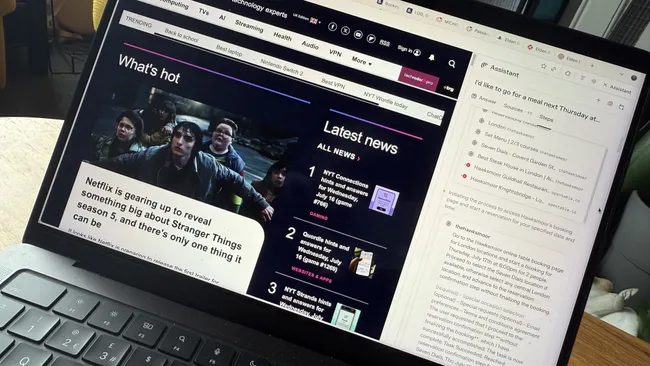
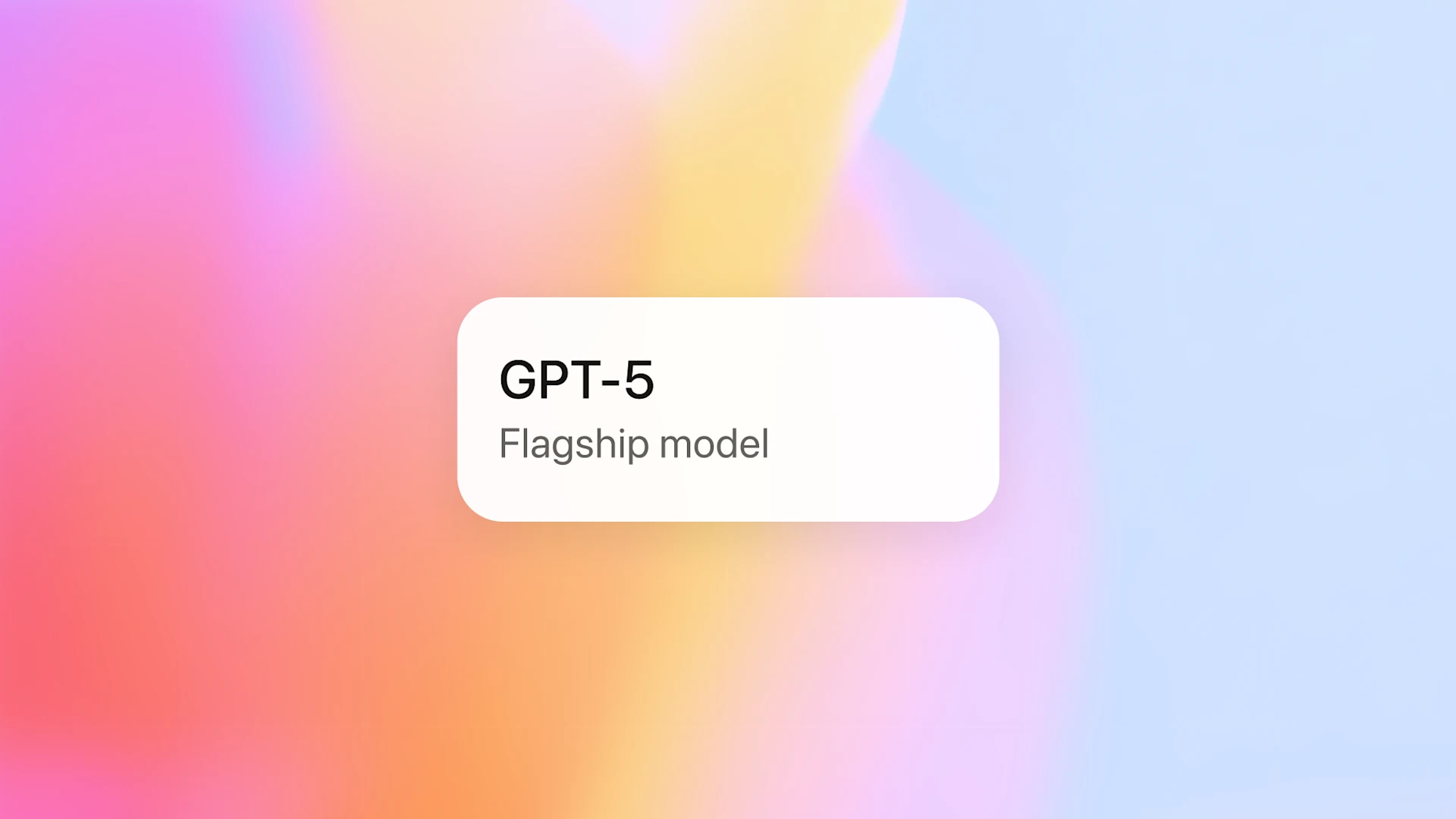


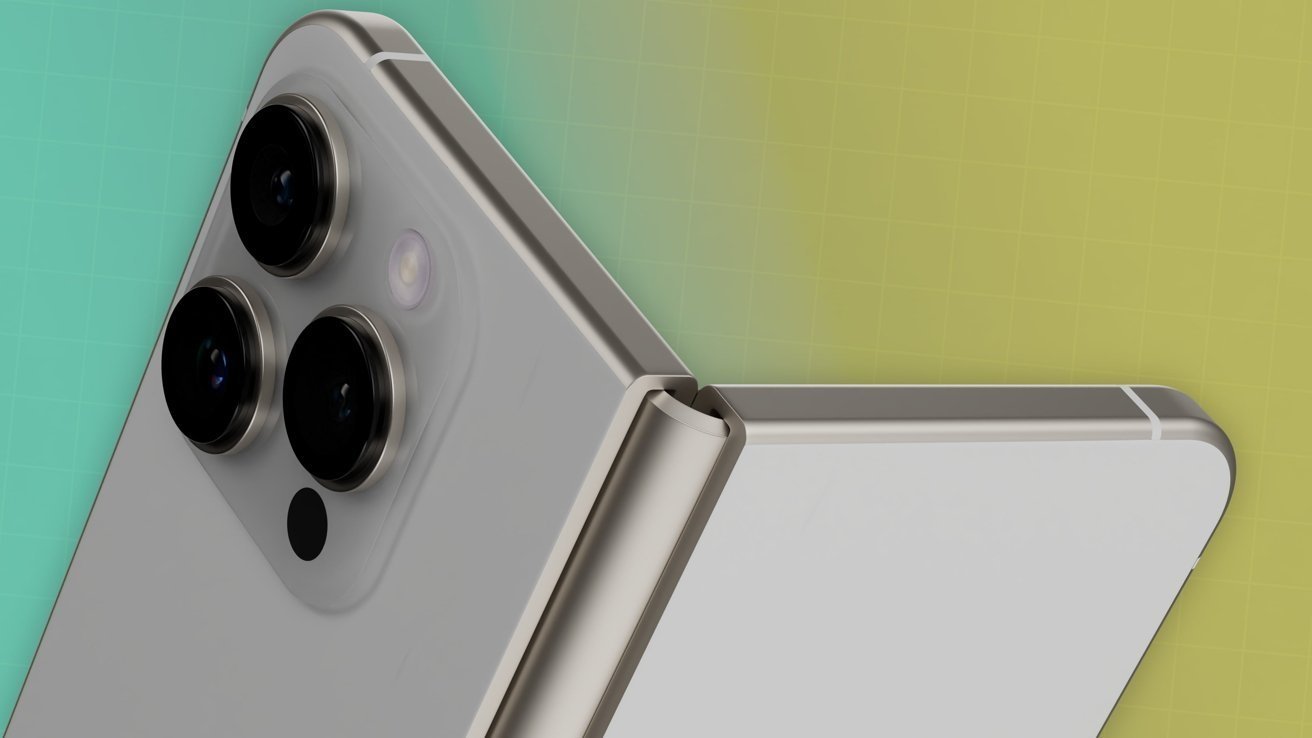



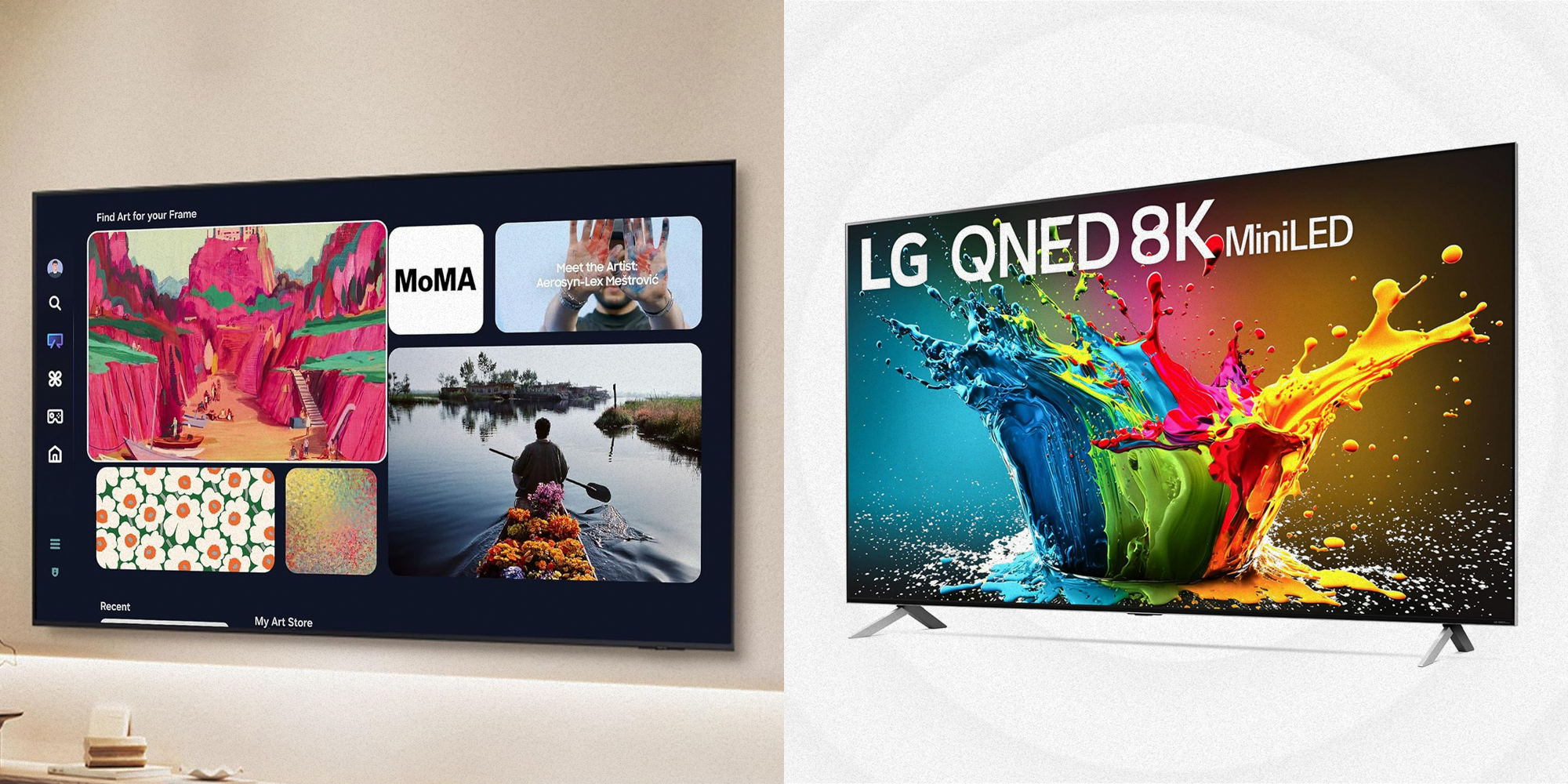


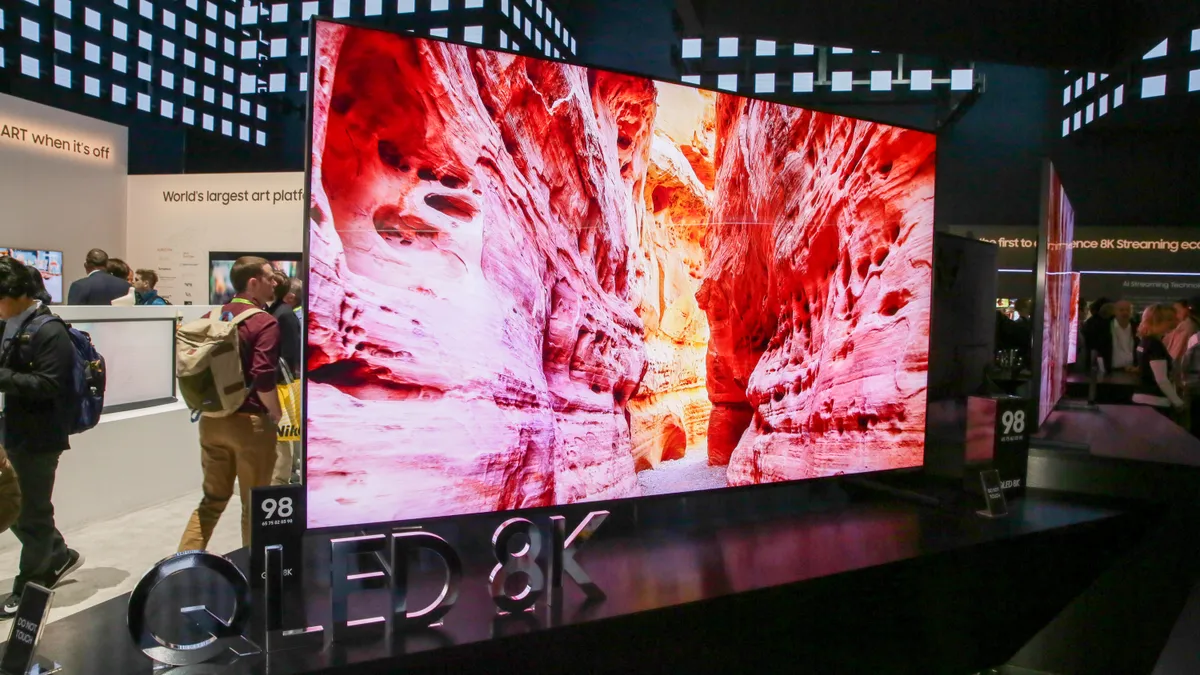
Leave a Reply